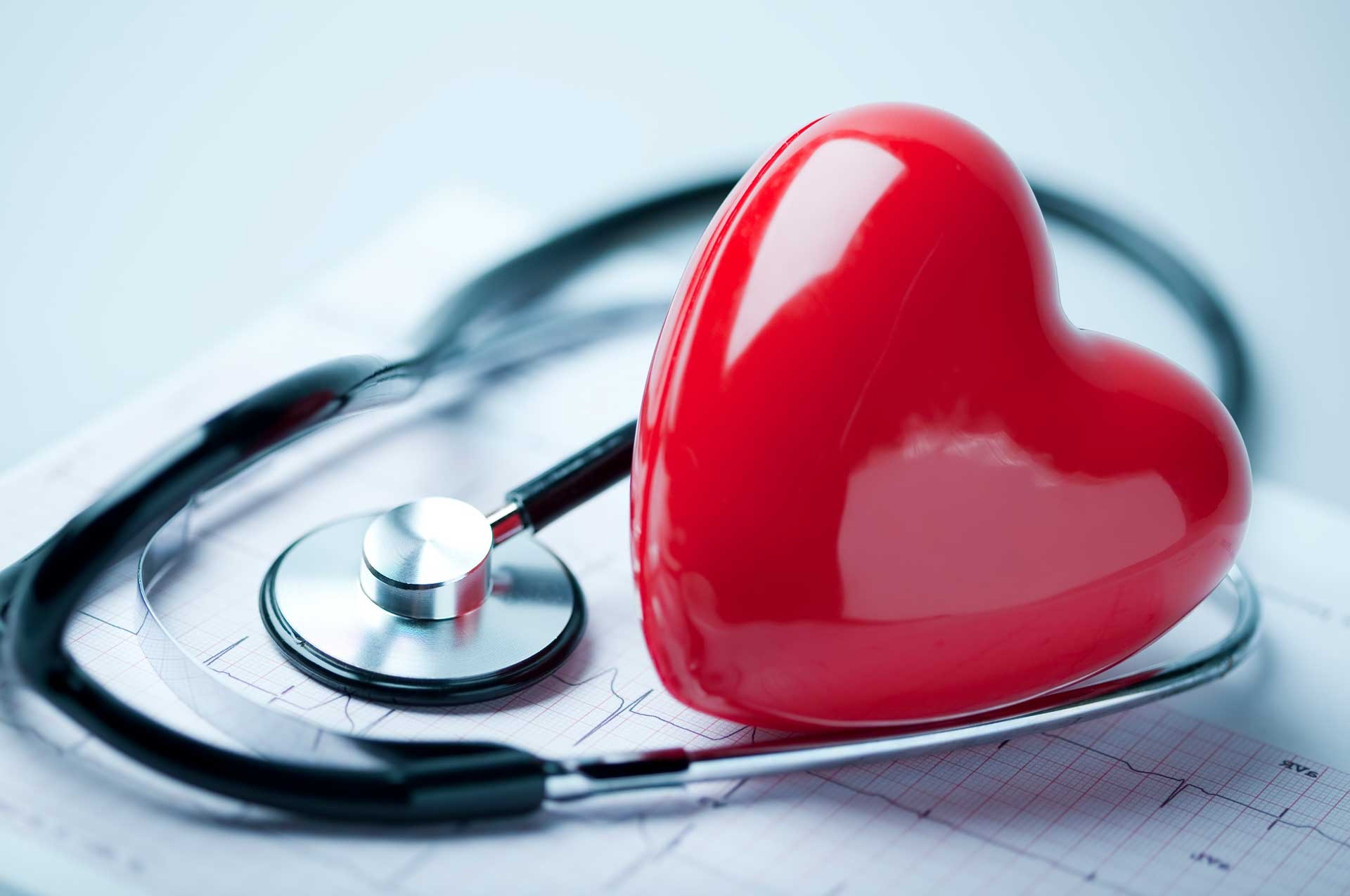

Caring for someone after a heart event or diagnosis can be a huge task, both physically and emotionally. When you are caring for a loved one, it's easy to neglect your own health needs. You may experience increased stress, trouble sleeping or have less time to be physically active and do the things you enjoy, which can affect your own health.
Maintaining your health is important for your own wellbeing, as well as your ability to support your loved one. It’s like putting on your oxygen mask first before putting it on the person you care for.
So take the time to look after your own physical and emotional wellbeing while you care for your loved one. Prioritise regular physical activity, choose heart-healthy foods, find healthy ways to manage your stress and, if you smoke, speak to your doctor about stopping.
Almost one and a half million people in Australia are at high risk of having a heart attack or stroke, but many have no idea that they are at risk.
Having a Heart Health Check with your doctor is an important first step to protecting your heart. It is a 20-minute appointment that will help you understand your risk of a heart attack or stroke and how to manage your risk factors to reduce your risk.
Speak to your doctor about a Heart Health Check if you are 45 years or over, and don’t already have heart disease. This is important because you often can’t feel risk factors like high blood pressure and cholesterol.
Some people should have a Heart Health Check from an earlier age. If you have diabetes, you should get a Heart Health Check from 35 years. If you are Aboriginal or Torres Strait Islander, it is recommended you get a Heart Health Check from 30 years.
Talk to your doctor about a Heart Health Check today.
Last updated29 August 2025